Farm equipment plays a crucial role in modern agriculture, revolutionizing farming practices to maximize productivity, efficiency, and sustainability. This guide aims to provide farmers, agricultural businesses, and enthusiasts with valuable insights into the diverse range of farm equipment available and how they can benefit their operations. 1. The Evolution of Farm Equipment: Over the years, farm equipment has advanced significantly, automating labor-intensive processes and enabling farmers to accomplish tasks quicker and more efficiently. From traditional hand tools to sophisticated machinery, the evolution of farm equipment has propelled agricultural practices towards higher levels of productivity. 2. Types of Farm Equipment: a. Tractors: Considered the backbone of agricultural operations, tractors are versatile machines used for plowing, planting, cultivating, and harvesting. Their designs range from compact tractors for small-scale operations to heavy-duty tractors for large-scale farming needs. b. Harvesting Equipment: Harvesters, such as combines and forage harvesters, have revolutionized the harvesting process by allowing farmers to efficiently gather crops in a fraction of the time. These machines can effectively harvest grains, fruits, vegetables, and forage crops like hay and silage.
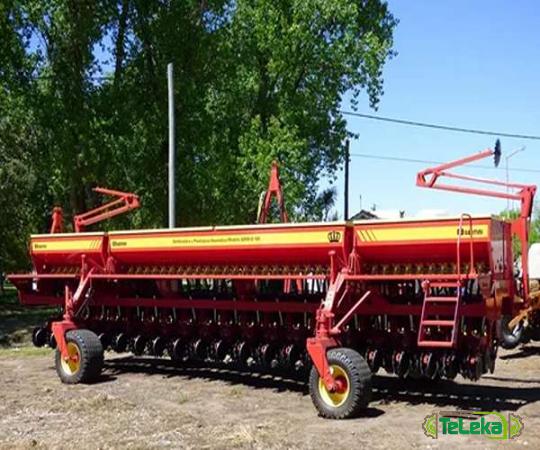
.
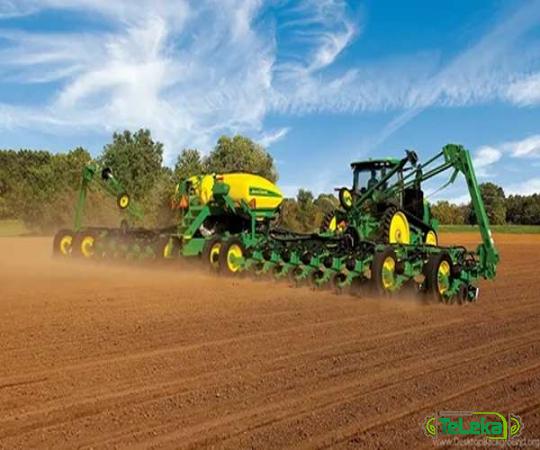 c. Irrigation Systems: Essential for optimizing water usage, irrigation systems provide consistent access to water in arid regions or during drought conditions. Options include drip irrigation, sprinkler systems, and pivot systems, which help distribute water accurately and evenly across fields. d. Planting and Seeding Equipment: Precision planting systems allow farmers to sow crops with optimal spacing, ensuring efficient use of seed and nutrients. Modern seed drills and planters are equipped with sophisticated technologies that improve planting accuracy and reduce wastage. e. Farm Implements: Various attachments and implements enhance the functionality of tractors and enable farmers to perform specific tasks effectively. Implements like plows, cultivators, and balers aid in soil preparation, weed control, as well as hay and straw baling.
c. Irrigation Systems: Essential for optimizing water usage, irrigation systems provide consistent access to water in arid regions or during drought conditions. Options include drip irrigation, sprinkler systems, and pivot systems, which help distribute water accurately and evenly across fields. d. Planting and Seeding Equipment: Precision planting systems allow farmers to sow crops with optimal spacing, ensuring efficient use of seed and nutrients. Modern seed drills and planters are equipped with sophisticated technologies that improve planting accuracy and reduce wastage. e. Farm Implements: Various attachments and implements enhance the functionality of tractors and enable farmers to perform specific tasks effectively. Implements like plows, cultivators, and balers aid in soil preparation, weed control, as well as hay and straw baling.
..
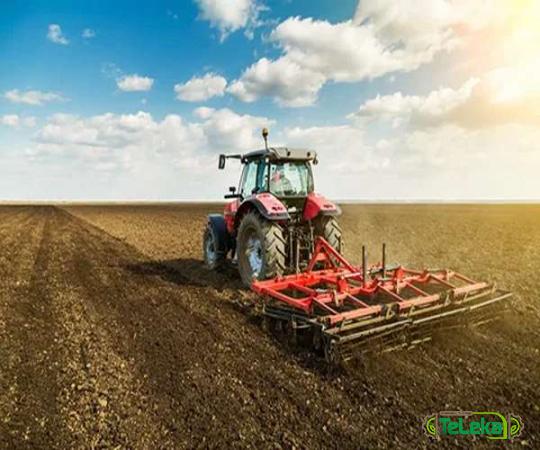 3. Advantages of Farm Equipment: a. Increased Efficiency and Productivity: Farm equipment significantly reduces the time and effort needed to perform manual tasks, allowing farmers to achieve higher productivity levels and meet market demands efficiently. b. Cost Savings: While farm equipment requires initial investment, it ultimately results in long-term cost savings. Automated machinery reduces labor expenses and improves operational efficiency, enabling farmers to optimize their resources effectively. c. Precision and Accuracy: Many modern farm equipment advancements, such as GPS technology and precision agriculture systems, enhance accuracy and reduce wastage of seeds, fertilizers, and other resources. Precision agriculture also contributes to sustainable farming practices. d. Safety and Comfort: Mechanized farm equipment eliminates the physical strain associated with manual labor, reducing the risk of injuries to farmers. Comfort features, such as ergonomic design and climate-controlled cabins, enhance operator comfort, enabling them to work efficiently for longer durations.
3. Advantages of Farm Equipment: a. Increased Efficiency and Productivity: Farm equipment significantly reduces the time and effort needed to perform manual tasks, allowing farmers to achieve higher productivity levels and meet market demands efficiently. b. Cost Savings: While farm equipment requires initial investment, it ultimately results in long-term cost savings. Automated machinery reduces labor expenses and improves operational efficiency, enabling farmers to optimize their resources effectively. c. Precision and Accuracy: Many modern farm equipment advancements, such as GPS technology and precision agriculture systems, enhance accuracy and reduce wastage of seeds, fertilizers, and other resources. Precision agriculture also contributes to sustainable farming practices. d. Safety and Comfort: Mechanized farm equipment eliminates the physical strain associated with manual labor, reducing the risk of injuries to farmers. Comfort features, such as ergonomic design and climate-controlled cabins, enhance operator comfort, enabling them to work efficiently for longer durations.
…
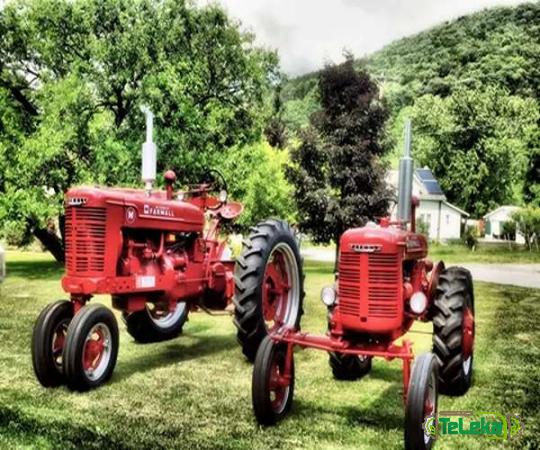 4. Considerations before Investing: Before purchasing farm equipment, it is crucial to evaluate factors such as farm size, terrain, specific crop requirements, and budget constraints. Additionally, considering maintenance and repair availability, compatibility with existing machinery, and the resale value are important for long-term planning. Conclusion: Farm equipment continues to transform the agricultural landscape, empowering farmers to improve efficiency, productivity, and sustainability. Understanding the various types of farm equipment and their advantages enables farmers to make informed decisions that align with their specific needs and operational goals. By embracing modern machinery, farmers can enhance their operations, optimize resource utilization, and make significant contributions to the worldwide food supply chain.
4. Considerations before Investing: Before purchasing farm equipment, it is crucial to evaluate factors such as farm size, terrain, specific crop requirements, and budget constraints. Additionally, considering maintenance and repair availability, compatibility with existing machinery, and the resale value are important for long-term planning. Conclusion: Farm equipment continues to transform the agricultural landscape, empowering farmers to improve efficiency, productivity, and sustainability. Understanding the various types of farm equipment and their advantages enables farmers to make informed decisions that align with their specific needs and operational goals. By embracing modern machinery, farmers can enhance their operations, optimize resource utilization, and make significant contributions to the worldwide food supply chain.

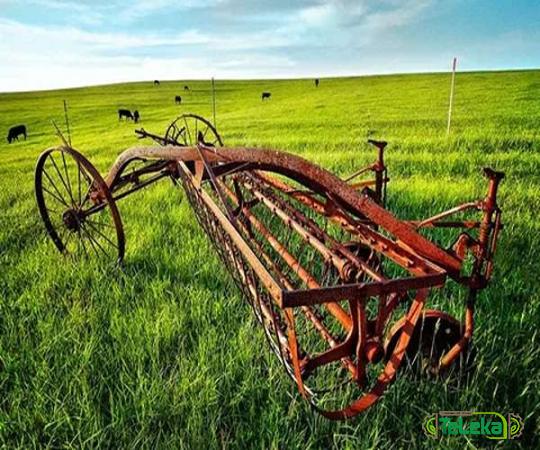
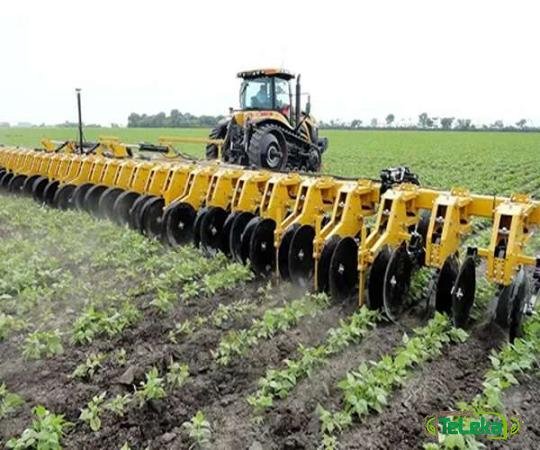
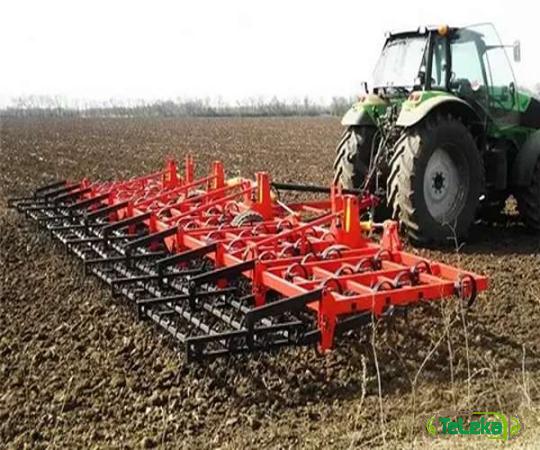
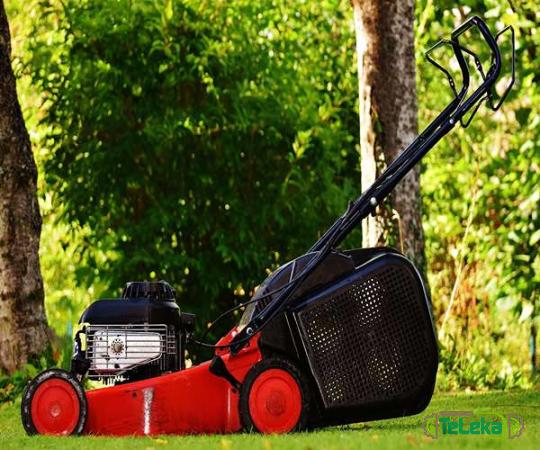




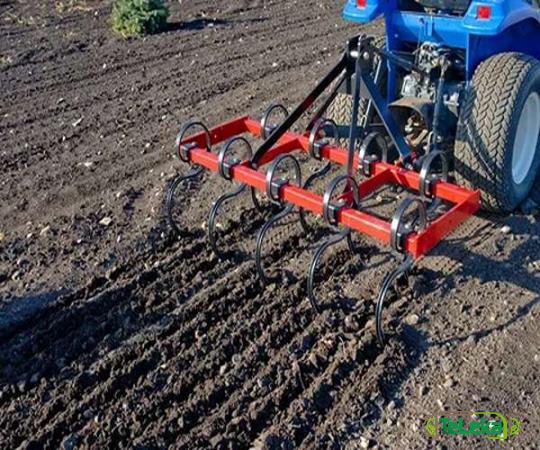
Your comment submitted.